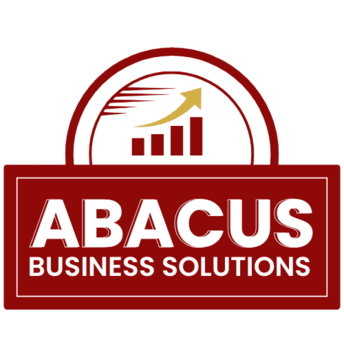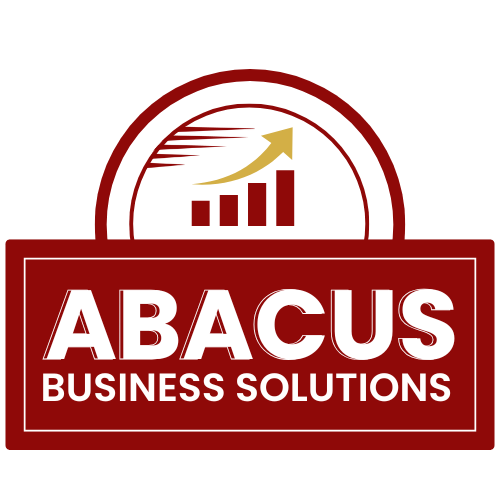How Have You Been Preparing For Your Taxes?
If you read our FB posts the last couple of weeks, you will know that we have talked about being prepared for your taxes. AND how some businesses’ taxes will need to be done by 03/15 instead of 04/15 depending on their structure.
Here are the questions we shared:
WHAT IS YOUR BUSINESS STRUCTURE?
LLC? S-Corp? Something else? This will affect when you file your taxes, and what kind of tax documents you’ll need to file.
DO YOU HAVE ALL OF YOUR TAX DOCUMENTS FOR 2020 IN ONE PLACE?
You will need to gather everything from your bank statements to your receipts to your previous year’s return. It’s a lot to round up – and some of the older receipts and bank statements can take days (or weeks) to track down.
IS YOUR BUSINESS BOOKKEEPING CURRENT?
Without this, you won’t know what numbers to write in the little boxes on your tax form. And getting current could take a long time to accomplish. Are you only 6 weeks behind? That’s manageable. 6 MONTHS? Well … let’s just say you’ve got some work to do.
In case your answers for all of these started with “I don’t know” and now you’re hyperventilating into a brown paper bag – no worries! We help our clients with these every year, all year round – and we’d love to help you, too. Just schedule a free consultation by calling 352-432-8104 today!
How Have You Been Preparing For Your Taxes? Read More »











